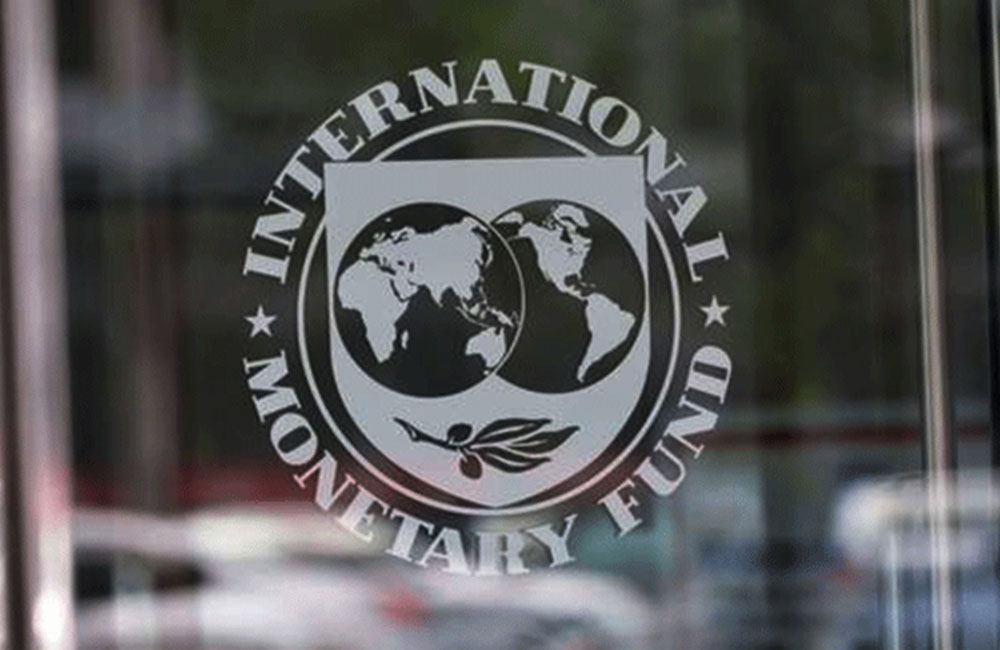The International Monetary Fund (IMF) has granted waivers for Sri Lanka’s nonobservance relating to the performance criteria on the primary balance of payments and net official international reserves.
Sustaining policy discipline remains critical to strengthen resilience, given still sizable public debt and low external buffers, and support strong and inclusive growth. IMF pointed out.
Government has been directed to take measures focusing on liberalizing trade, improving the business environment and promoting investment, strengthening governance, encouraging female and youth labor force participation, enhancing social protection, and improving crisis preparedness to natural disasters.
Prompt action to advance fiscal consolidation
The Executive Board of the IMF says that despite setbacks, the government took prompt action by advancing fiscal consolidation through a well-targeted 2019 budget, rebuilding reserves, while maintaining a prudent monetary policy under greater exchange rate flexibility, and reviving structural reforms.
"Sustained revenue mobilization is needed to place public debt on a downward path, while making space for critical public investment and an expansion of the social safety net under well-defined selection criteria," the IMF suggested.
Strengthening the selection and appraisal process of large-scale investment projects and assessing their fiscal affordability is critical, given Sri Lanka’s high public debt. Stronger fiscal rules and a medium-term debt management strategy will support medium-term fiscal consolidation and debt reduction efforts, it added.
The IMF urged government authorities to renew their efforts to strengthen SOE governance and transparency, including by advancing a restructuring plan for SriLankan Airlines and completing energy pricing reforms, building on important progress with the implementation of the fuel pricing formula.
Efforts to build reserves should be sustained, under greater exchange rate flexibility, to protect the economy against shocks. Harmonizing regulation and supervision of financial institutions, strengthening the macro prudential policy framework, and enhancing the crisis-preparedness toolkit will help further strengthen financial sector stability. Furthermore, the continued implementation of structural reforms is essential to support strong and inclusive growth.

Leave your comments
Login to post a comment
Post comment as a guest